On Maundy Thursday, we’ll revisit the story of what happened that night leading up to Jesus’ arrest. Experience the story through music, story telling, scripture, and communion—anything you have at home to represent the bread and cup will work just fine. We hope to remember what Jesus has done, is doing, and will do, as we discover how our own calling and giftedness becomes part of this Lenten story—finding inspiration from popular music in our world today and over generations. Join us for worship on Maundy Thursday at Noon (with the service of hand-washing) and 6:30 pm (with the service of Holy Communion). You can also join us online for this special service on Facebook.
Information about Maundy Thursday:
Maundy Thursday begins the Three Days (or Triduum), remembering the new commandment that Christ gave us in word and deed as he taught us how to love one another, washing our feet as a servant. We also celebrate the Lord’s Supper, remembering the meal Christ shared with his disciples before his death. Historically, this was the traditional day in which those who had undergone a period of public penance under church discipline would be restored to full communion. The name is taken from the first words sung at the ceremony of the washing of the feet, “I give you a new commandment” (John 13:34); also, from the commandment of Christ that we should imitate his loving humility in the washing of the feet (John 13:14-17). The term mandatum (maundy), therefore, was applied to the rite of the foot washing on this day.
The opening service of the Triduum is not inherently mournful. The penitential acts of Maundy Thursday have celebratory aspects as well: restoration through the bold declaration of pardon; the act of foot washing connoting humility and intimacy; the celebration of the Lord’s Supper embodying the mystery of Christ’s enduring redemptive presence. Maundy Thursday’s acts provide the paradox of a celebratively somber and solemnly celebrative service.
Foot washing
A powerful symbolic response to the Word, representing the way of humility and servanthood to which we are called by Christ, is the act of foot washing, practiced within the church since at least the fifth century. The practice of foot washing in first-century Palestine may have been as common as when today a host helps guests take off their coats, a waiter seats diners, or a driver holds the taxi door open for passengers. Hospitality underlies all such welcoming gestures.
In the priesthood of all believers (not hierarchies of power), all members of the body of Christ can “kneel” before each other and wash one another’s feet as did our Lord and Savior himself — neighbor to neighbor, perhaps even stranger to stranger. More important, as the priesthood of all believers, our corporate kneeling before others for the earthly task of foot washing symbolizes our servanthood within and beyond the body of Christ.
We will symbolically wash hands during the Maundy Thursday mid-day service.
The Lord’s Supper
Though on this night we remember and celebrate the final supper Jesus shared with his disciples in the context of Passover, we are neither celebrating a Seder (“order of service”), nor reenacting the Last Supper, but sharing with our risen Lord a foretaste of the heavenly banquet.
The term “last supper” suggests that it was only one of many meals shared by Jesus and his disciples, and not the meal. The Eucharist is rooted not only in the Last Supper but also in Jesus’ eating with sinners, and in his feeding the crowd with the loaves and fishes, and it foreshadows the meals after his resurrection. All together they constitute the multiple meanings of the Lord’s Supper. To reduce the Lord’s Supper to the Last Supper is to cut off the Sacrament from its eschatological significance (that is, as it relates to the unfolding of God’s purpose and in the ultimate destiny of humankind and the world).
Ordinarily, neither a blessing is given nor a postlude played on this night, as the services for Maundy Thursday, Good Friday, and Holy Saturday (the Great Vigil of Easter) are actually one unified ritual. The church remains in semidarkness, and all depart in silence, thus making the transition from the eucharistic celebration to Jesus’ crucifixion and death. Symbolically, Christ, stripped of his power and glory, is now in the hands of his captors.
